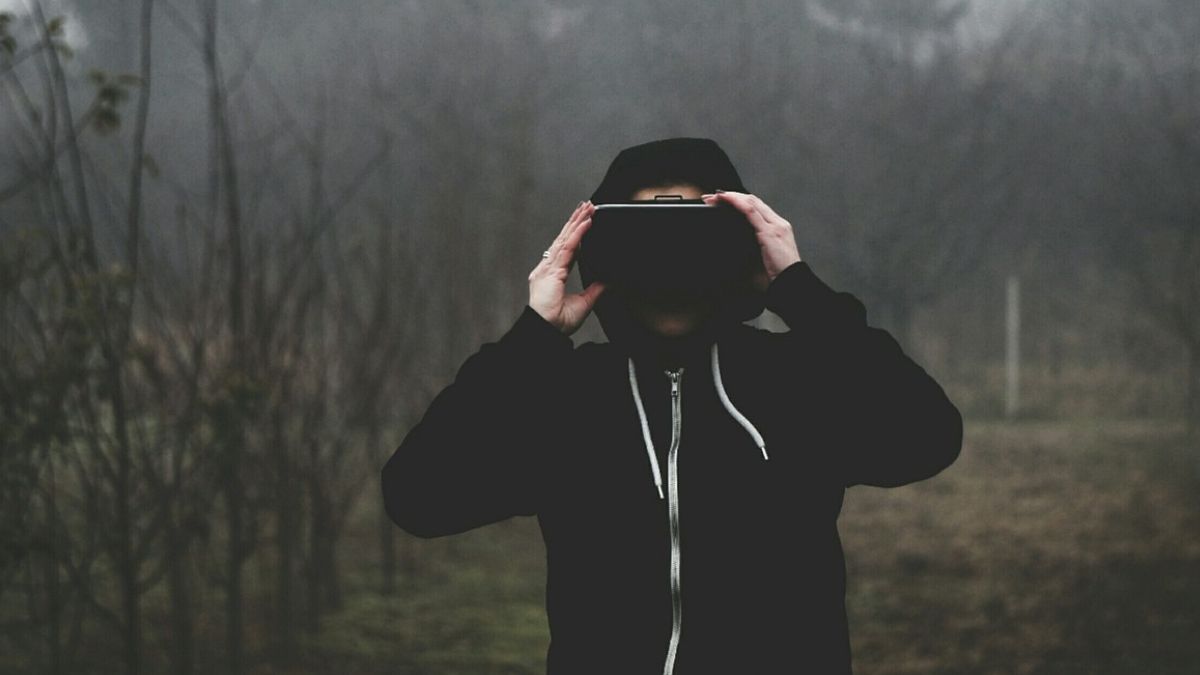"There are still light years to create a C3PO, but soon there will be robots in the streets" | Technology


The largest robot congress in the world is being held all week in Madrid. "It has been very difficult, the selection of the host country is like a mini Olympic Games", says Carlos Balaguer, president of this 31st edition of the IROS (acronym in English of International Conference on Intelligent Robots and Systems). Here the best scientists of the world meet to see the latest advances. It is a world of robotics, even with its competitions: autonomous drones, almost human hands, dogs that do not fall despite being kicked. "Many of the products they teach here are world stars," explains Balaguer. "In Spain, it's good robotics, we're not Ronaldos but we're very worthy," he adds. "The IROS is a boost for what Spanish scientists are doing that survive despite the politicians and the precarious public funding."
This Tuesday in the framework of the Congress will be, according to Balaguer, the first time that Marc Raibert, president of the leading company Boston Dynamics, present in Europe the famous SpotMini, the first of its robots that will be marketed. SpotMini is a robot dog with an arm instead of a head, with which it opens doors and takes objects. But its merit -which no other manufacturer has managed to replicate- is its stability: "The great advance of all the robots that Boston Dynamics does, which nobody has been able to replicate, is its stability, you can kick it and it does not fall. very stable platform, which can climb ladder, go through floors that skate, earth, snow.This has not been achieved by anyone, "explains Balaguer. The most common robots go with wheels. Only Boston Dynamics has managed to put legs and just fall.
Question. Is the word "intelligent" of the name of the Congress not something exaggerated today?
Answer. The word intelligence must always be put in quotation marks. They can be such stupid things that the robot knows if a door opens on the right or on the left. This seems silly to us, but in the end it is a very complex intelligent intuition. And basically the robot is a computer. There are more complex examples, such as that a robot can handle itself through an enclosure without crashing, which is a broader intelligence. But artificial intelligence is very far away.
Fear always comes from the misuse that politicians or large companies can make.
P. We are very far from C3PO, the robot of Star Wars.
R. Yes. It is very far. We can have robots that dialogue, but introduce topics such as feeling, emotions, abstract deduction. The key word in this conference is deep learning, they are complex algorithms that learn, they deduce, always with a percentage of success that is not total.
P. There are decades to play a hand like ours.
R. A robotic hand is mechatronic. It has a very strong mechanical part to know how to move phalanges or tendons. That is more or less achieved. Although that hand will know how to do only what we have taught him and nothing else. In the congress they will present a hand that handles a cube, but they have been programming it for three years. If now you give him an egg, the thing changes. There are great advances, but from C3PO we are light years away.
P. But there are imminent applications.
R. There are two fields where a lot is being invested. First, robots in the field of health and care: in the operating room, making the bed, moving a patient from one bed to another, feeding a quadriplegic. There are companies that are going to start giving products like this very soon. The other major field is infrastructure control and maintenance. The robots that are in the field watching if a power cable is broken, if there is a hole in a street, if there is a broken glass in a building, or if there is corrosion in a bridge. Soon we will see them on the street.
P. Some say that we are in a golden age of robotics because two key elements - the sensors for see and the actuators for move- They have become cheaper in the last decade.
R. It is true. But the problem is that they put lots of sensors that involve millions, trillions of information in real time. We enter this way into another world, the one of big data. If I have 20 cameras and I am watching and processing at the same time, no CPU is powerful enough. You have to do selective algorithms: "until someone does not appear in red, to this camera or case", "if there are no pedestrian crossings, no soccer balls". That's how those systems work.
P. Is there something that scares robots?
R. Fear always comes from the misuse that politicians or large companies can make. Is the atom bomb scary? If they decide to launch it, yes, but nuclear energy for health is very positive. Robotics does not scare me. It will improve our quality of life. Life will be different. If politicians decide to make robotic armies, it gives some fear. If large companies choose to make spy robots among employees, too. What scares me is therefore misuse.











